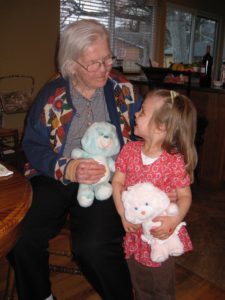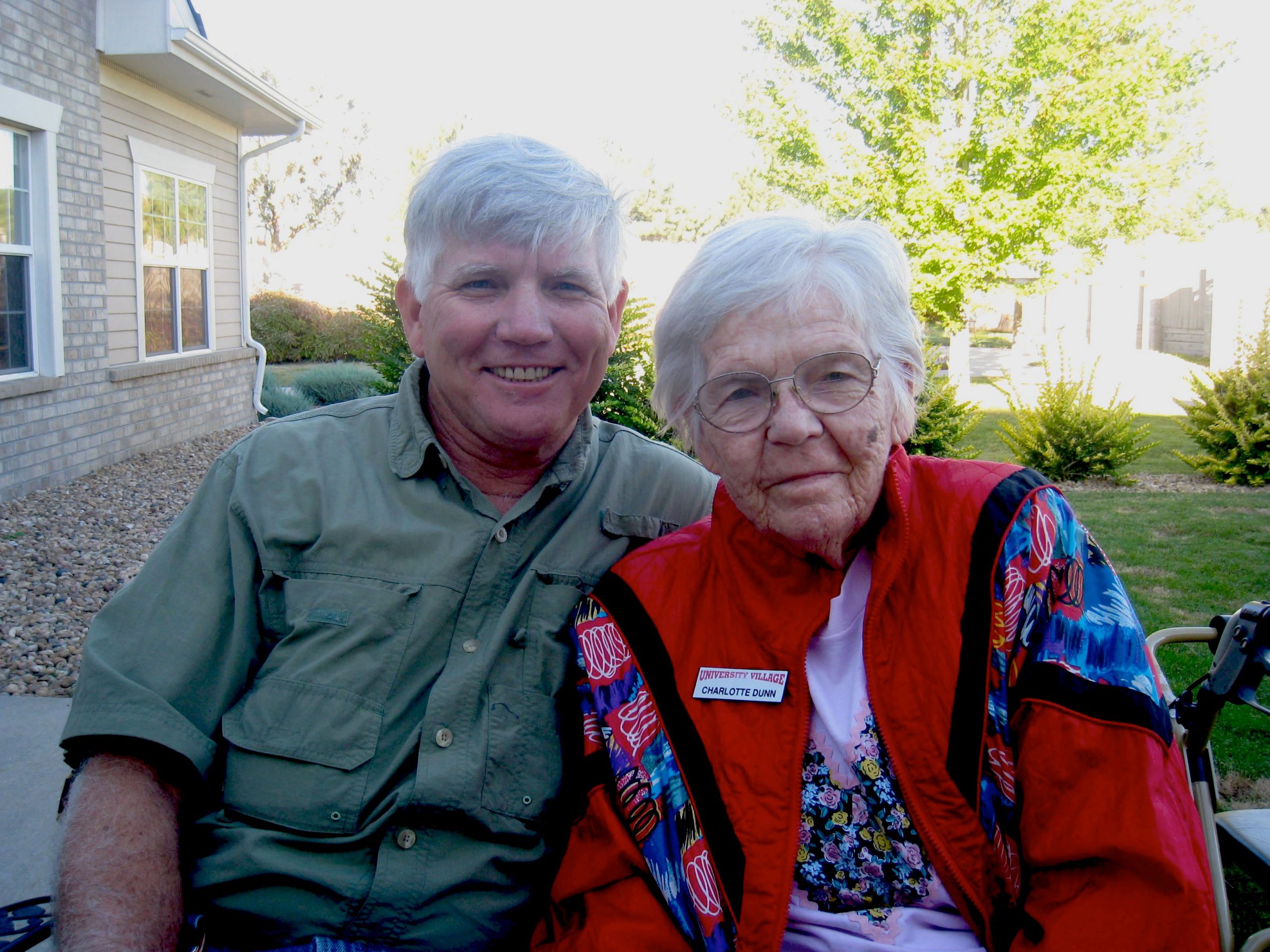The old lady was stuck with three sons. And because of this — in her mind — she was stuck in a nursing home.
Her sons visited. They met with the nursing home staff to make sure their mother’s needs were met. They were as good of family caregivers as I had ever seen in my years as a nursing home chaplain. But, more than once, she said, “If I had a daughter, I wouldn’t be in this nursing home.” The notion seems a bit old-fashioned in today’s world, where gender equality is such an important issue.
Well, it turns out she might have been correct.
A study reported in the current issue of the Journal of the American Geriatrics Society (JAGS) found that a patient was more likely to die at home (as opposed to in a hospital or nursing home) if you had more family members… especially more daughters.
The burdens of a family caregiver
Being a family caregiver at home is a tremendous burden. In the JAGS study, the average number of caregiving hours in the last month of life provided by the family to someone who dies at home is 210. For those who die in a nursing home or hospice inpatient unit, it is 81.
Interestingly, the emotional burden for families is highest when the patient dies in a hospital and lowest when they die at home. Perhaps the transfer to the hospital in itself is a great emotional strain. Guilt about NOT being able to take care of the patient at home must also be a factor. And though providing hands-on care can be a physical burden, it may give the caregiver the self-satisfaction that they are doing their best. The caregiver feels more in control.
What about the daughters? Why does having daughters make it more likely to die at home? Unfortunately, the study did not tease out why, but we can guess.
Right or wrong, the cultural norm in our society is that nurturing and caring for the young and elderly are duties more often performed by women. Yet, I have witnessed so many men who admirably performed caregiving duties to their elderly parents that I know men can be great caregivers. But in these cases, the men usually stepped in because there were no women available.
Who’s going to take care of mother?

Hank’s mother, Charlotte, after her move to Colorado, with her namesake great-granddaughter, Lia Charlotte
I saw this “Who’s-going-take-care-of-mother?” question play out in my own family. Mom had lived for years independently in a retirement facility in Tampa before moving into assisted living. My brother, sister, and I took turns visiting our mother. I like to think we each took about the same amount of time away from our work and families to serve as long-distance caregivers.
As our mother’s dementia progressed, it became clear that we needed to move her to a facility closer to one of us. We each visited memory care units near our homes in Tallahassee, Boulder, and Northern Virginia. Each of us was willing and able to become “the caregiver.” We weighed the quality and cost of the facilities we had found.
After we all had done our due diligence, my sister declared, “I want to do this. I want mom to come to Colorado.”
I called Janice last week to see if my memory of this decision-making process was the same as hers. “Yes,” she said. “I knew you and Dennis were quite capable of caring for our mother, but I was her daughter. There is a special bond between mothers and their daughters.”
And that was that.



